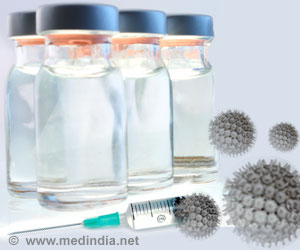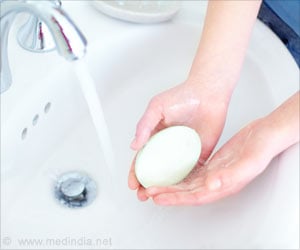Doses of Monocef, an anti-biotic were injected to children without changing the needle and syringe in a government run hospital, Hyderabad, India.

"The incident clearly shows violation of the fundamental rule in safe injection practices: one needle, one syringe and to be used only one time," said Dr Mahesh Joshi, head of emergency services, Apollo Hospitals.
Parents and relatives protested after they noticed rashes on the skin and swelling on the arms of children soon after they were given the injection. "My 11-month-old daughter was continuously crying after she was administered the injection. When I questioned the nurse why she was using a common syringe and needle for all, she brushed aside my objections," said P Ramakrishna, a resident of Mahbubnagar, whose daughter was referred to Niloufer following a serious bout of pneumonia.
Prameela, staff nurse, who was on night shift, injected 'Monocef' antibiotic to treat infections, following prescription by doctors attending on the children, aged mostly between three months and four years, and were suffering from various illnesses, including pneumonia, respiratory infections, diarrhoea, and viral fever, among other infections, for which they were examined.revealed a query.
"I protested looking at the way the kids were being injected, but to no avail. Luckily, when my ailing five-month-old baby boy's turn came to take the injection, the nurse ran out of the antibiotic," said a relieved Anwar Pasha, father of the boy, who was referred to Niloufer from Kothagudem, Khammam recently.
Niloufer superintendent Dr K Devaraj ordered an inquiry, and moved all the children to its emergency block on Monday morning. Devaraj said all the children were in stable condition and the hospital would take action based on the probe report to be submitted by resident medical officer Dr J Krishna, who was allegedly absent from duty at the time of the incident.
A couple of days back, the World Health Organisation (WHO) urged India to use 'auto-disable smart syringes' after it pointed to unsafe injection practices for the rise in hepatitis B and HIV cases.
 MEDINDIA
MEDINDIA




 Email
Email





